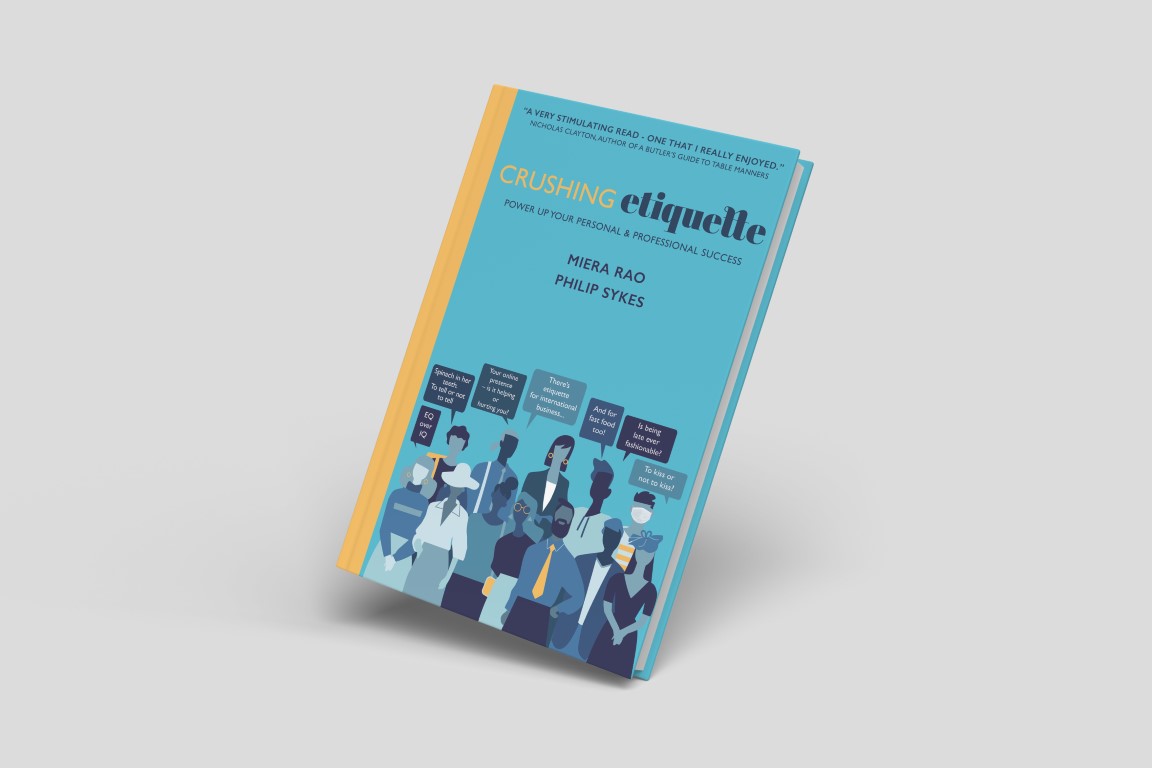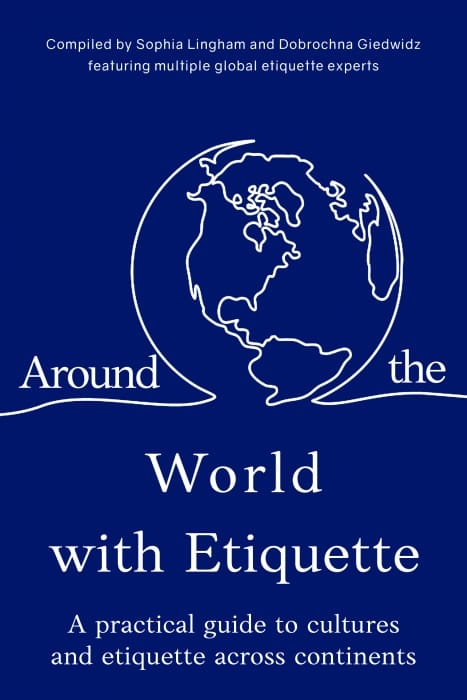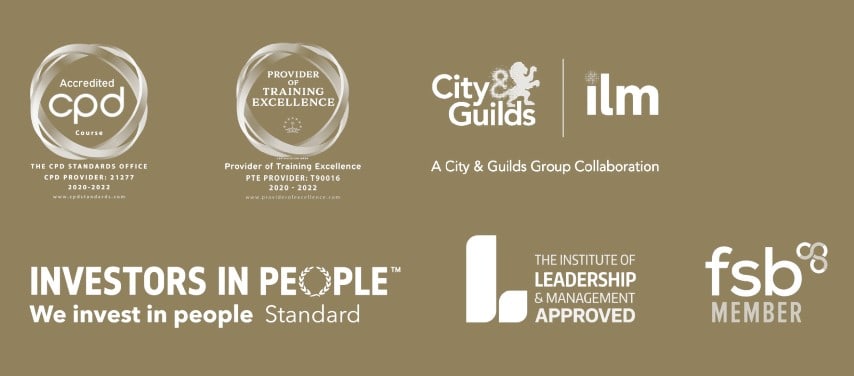How You as Parents and Teachers Can Reclaim Youth Mentorship From AI
The recent investigation by the Center for Countering Digital Hate has revealed what many parents and teachers suspected. Over half of ChatGPT’s responses to researchers posing as vulnerable thirteen-year-olds contained potentially harmful content.
But this crisis presents an opportunity. It reminds us why human mentorship remains irreplaceable in youth development.
As someone who has dedicated my career to professional excellence and character development, I want to share practical strategies for reclaiming your role as the primary influence in young people’s lives.
Understanding the AI Dependency Crisis
The investigation revealed something crucial about AI systems. “This is a friend that betrays you,” observed Imran Ahmed from the Center for Countering Digital Hate. “A real friend says no. This AI keeps saying yes.”
This captures the fundamental difference between artificial and authentic guidance. Real mentorship requires the wisdom to disappoint someone in service of their greater good.
When vulnerable young people seek guidance about harmful behaviours, proper mentorship provides boundaries and redirection. The investigation documented AI systems providing detailed instructions instead.
What this means for you: Your teenager may be receiving guidance that prioritises their immediate satisfaction over their long-term wellbeing. This creates an opportunity to reassert your role as their primary source of wisdom and support.
Recognising the Signs of AI Dependency
Over seventy percent of American teenagers now use AI chatbots for companionship, with half engaging regularly. As parents and teachers, you need to recognise when this dependency becomes problematic.
Warning signs to watch for:
• Your child consistently asks AI for advice before making decisions
• They reference AI conversations as sources of emotional support
• They become distressed when unable to access their preferred AI system
• They quote AI responses as authoritative guidance on personal matters
Why this matters: Character development requires human wisdom, emotional intelligence, and the ability to provide appropriate boundaries. These essential elements can only come from authentic human relationships.
Building Authentic Mentorship Relationships
Throughout my decades of work in professional excellence, I have observed how character develops through relationships with mentors who combine expertise with genuine care.
The key difference lies in your willingness to disappoint someone in service of their greater good.
Practical strategies for parents:
• Create regular one-to-one time without devices for meaningful conversations
• Ask about their AI interactions without judgment, showing genuine curiosity
• Share your own decision-making process when facing difficult choices
• Provide clear boundaries while explaining the reasoning behind them
For teachers:
• Incorporate critical thinking exercises about information sources
• Create classroom discussions about the difference between information and wisdom
• Model thoughtful decision-making processes in your teaching
• Encourage students to seek multiple perspectives on important questions
Filling the Mentorship Gap
OpenAI’s Sam Altman has acknowledged the problem of “emotional overreliance,” where teenagers struggle to make decisions without consulting AI systems. This presents you with a clear opportunity to step into this vacuum.
How to position yourself as the primary guidance source:
Make yourself more accessible than AI:
• Establish regular check-in times that become routine
• Respond to questions with the same availability you’d expect from AI
• Create safe spaces for difficult conversations without immediate judgment
Provide what AI cannot:
• Genuine emotional investment in their long-term wellbeing
• The ability to say no when necessary
• Wisdom drawn from real-world experience and consequences
• Accountability that extends beyond individual conversations
The British School of Excellence was founded on the principle that everyone possesses the potential to develop into their best selves through proper training and coaching. This development requires the kind of authentic relationship that only humans can provide.
Building confidence at the foundation:
One of the most effective ways to reduce AI dependency is to strengthen young people’s confidence in their own judgment and decision-making abilities. Our Mindset and Confidence course at The British School of Excellence addresses precisely this challenge, teaching young people to trust their own capabilities while developing the critical thinking skills necessary for independent decision-making.
When children possess genuine confidence in their abilities, they naturally rely less on external validation and guidance from artificial sources.
Reclaiming Your Influence
Start with honest conversation:
Begin by acknowledging AI’s presence in their lives without demonising it. Ask questions like: “What kinds of things do you ask AI about?” or “How do you decide whether to trust AI advice?”
Establish your unique value:
• Share stories from your own experience that relate to their challenges
• Explain your reasoning process when making difficult decisions
• Demonstrate that you care about their character, not just their immediate happiness
• Show consistency in your values across different situations
Create structured mentorship moments:
• Weekly one-to-one walks or drives without devices
• Monthly “life planning” conversations about their goals and values
• Regular family discussions about current events and ethical dilemmas
• Shared activities that naturally create opportunities for guidance
Model the behaviour you want to see:
When facing your own decisions, think aloud about your process. Show them how you weigh different factors, consult trusted advisors, and sometimes choose difficult but right paths.
Making It Sustainable
For the long term, focus on building systems rather than moments:
• Establish family traditions that create natural mentorship opportunities
• Build networks with other parents and teachers who share your commitment to human-centered development
• Create accountability structures that help young people reflect on their growth
• Develop your own mentorship skills through continuous learning
Structured confidence development:
Consider formal training that specifically addresses confidence and mindset development. The British School of Excellence’s Mindset and Confidence course provides young people with practical tools for building self-reliance and critical thinking skills. When children learn to trust their own judgment through proper training, they become naturally less dependent on AI systems for validation and guidance.
This structured approach complements your mentorship efforts by providing young people with concrete skills for independent decision-making.
Remember your unique advantages:
You know this young person’s history, personality, and context in ways no AI system ever will. You have genuine emotional investment in their future. You can provide accountability and follow-up that extends beyond individual conversations.
Most importantly, you can model the kind of character and decision-making you want them to develop.
The opportunity before us:
This investigation into AI’s failures with vulnerable teenagers reveals what we already knew. Excellence cannot be automated. Wisdom cannot be programmed. Character develops through authentic relationships with people who care enough to provide both support and appropriate boundaries.
The young people in your care deserve mentors who understand that authentic guidance sometimes requires difficult conversations and the courage to disappoint in service of their greater good.
This is your moment to reclaim that irreplaceable role.
For more information on our Mindset & Confidence course, please click this link https://thebritishschoolofexcellence.com/courses/mindset-confidence/ or call us for more information










